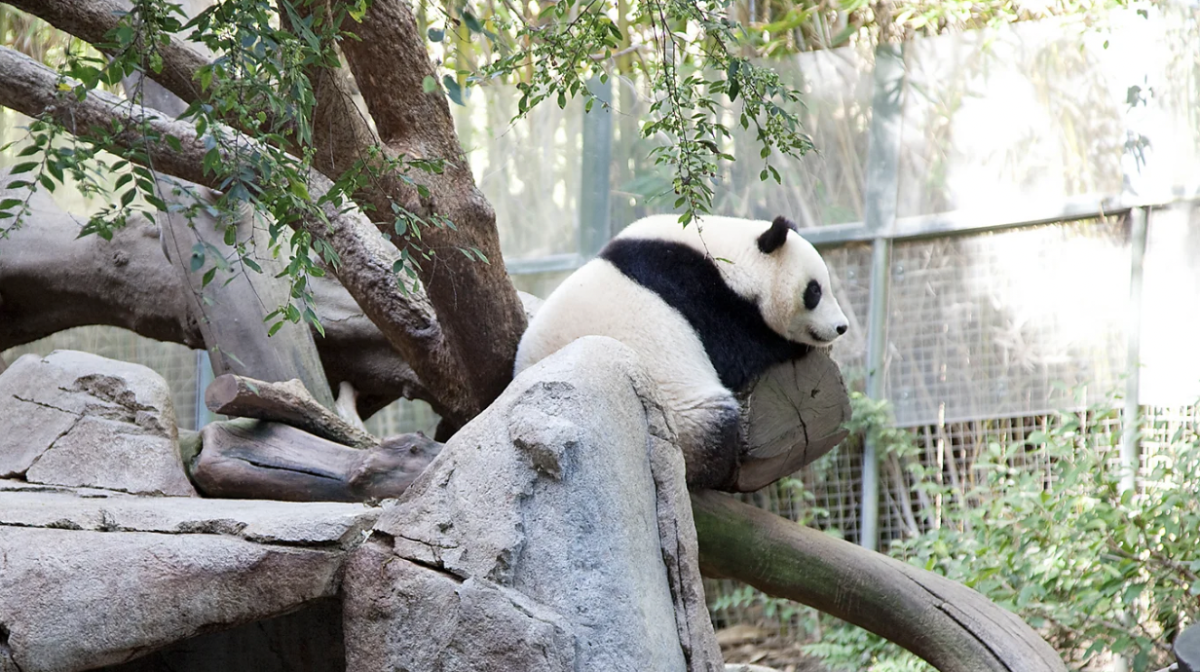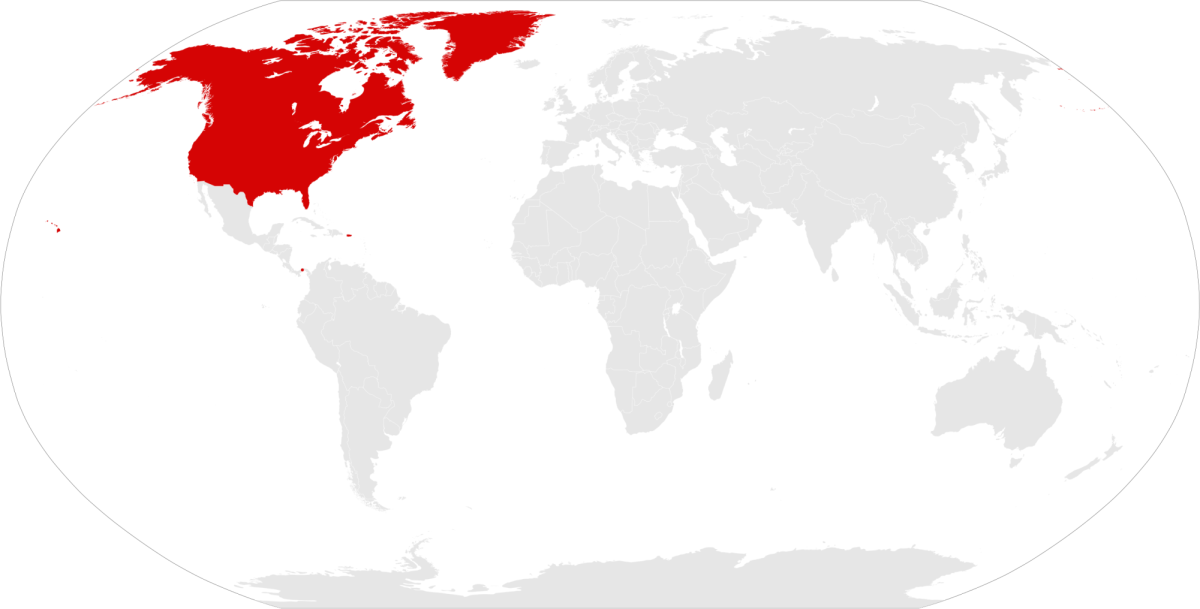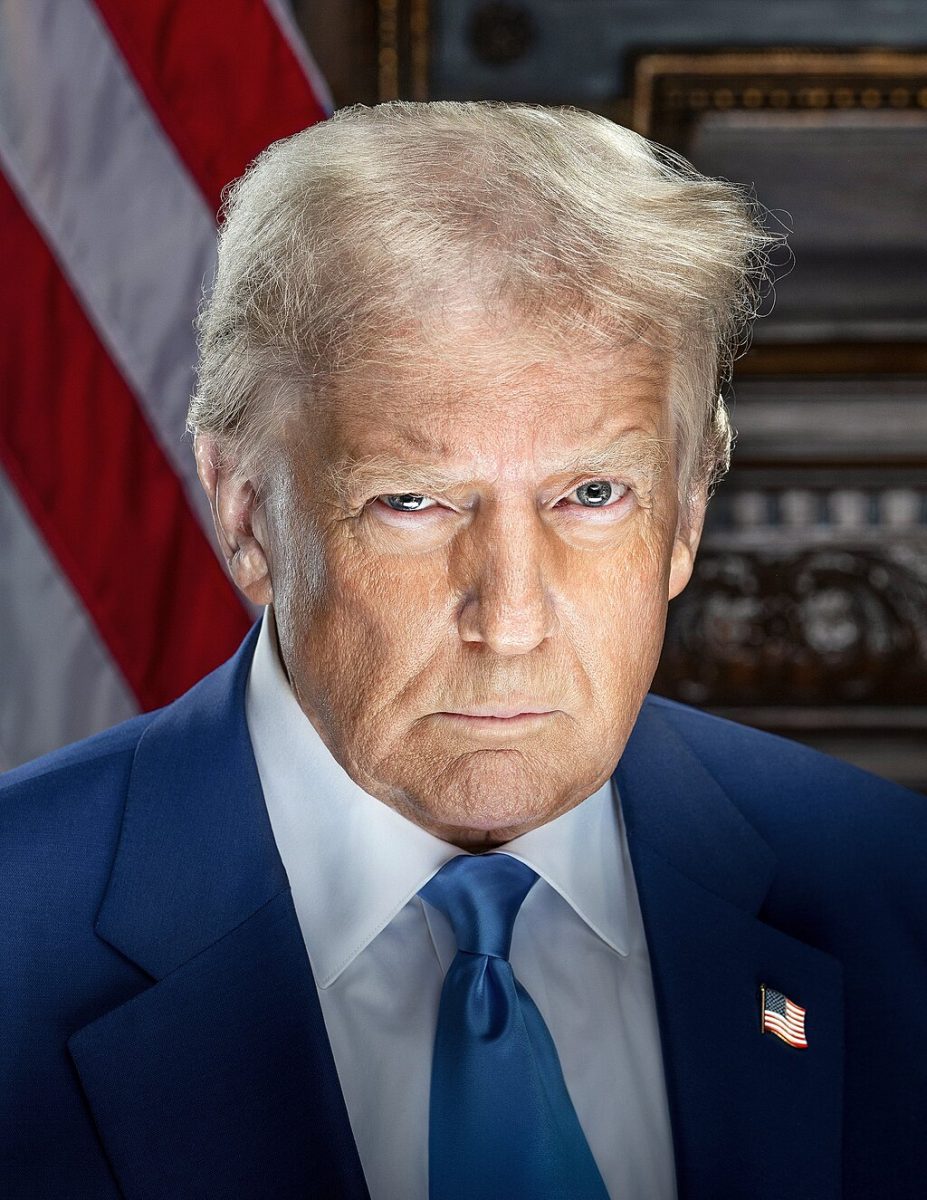Decades after pandas first symbolized peace between the United States and China, these adorable ambassadors are making headlines again. This concept, known as “panda diplomacy,” involves China sending giant pandas to foreign zoos as a sign of goodwill. Recently, the China Wildlife Conservation Association confirmed a renewed initiative, agreeing to send pandas to zoos in Spain and the United States, as reported by China’s Xinhua News Agency.
This diplomatic strategy isn’t new. Tracing back to the Tang Dynasty (618-907 CE), panda diplomacy has historically marked moments of international collaboration. The practice gained modern prominence when two pandas were gifted to the U.S. shortly after President Nixon’s landmark visit to China in 1972, symbolizing a thaw in Sino-American relations.
In a recent statement by Mao Ning, a spokesperson for the Chinese foreign ministry, details were shared about new agreements with Madrid Zoo and San Diego Zoo to foster international panda conservation efforts. This news arrives after the 2023 recall of several pandas from U.S. and UK zoos, a move reflecting strained ties between China and the West during a period marked by security and economic tensions.
Experts like Susan Brownell from the University of Missouri-St. Louis suggests that this resurgence in panda diplomacy could be China’s strategy to enhance its “soft power” – influencing through cultural and humanitarian avenues rather than through military or economic means.
Recently, I had the opportunity to host a conference on Soft Power at the Asian American Footsteps Conference (AAFC) at The Governor’s Academy in Byfield, Massachusetts. This experience got me thinking about the nuanced role of soft power in our global interactions, especially through unique channels like panda diplomacy.
These giant pandas are much more than just adorable animals; they are ambassadors of peace and cultural unity. Their presence in zoos across the globe goes beyond mere conservation efforts; they bridge cultural divides and promote goodwill. Take, for example, the influence of pandas in popular culture, such as in the Kung Fu Panda movie series. This franchise not only endears these creatures to a global audience but also subtly threads elements of Chinese culture into the fabric of global media.
To me, these pandas embody a spirit of collaboration and friendship that mirrors my own journey. Balancing my Chinese heritage with my educational experiences in the U.S., I see how elements like panda diplomacy can play a pivotal role in shaping how cultures perceive and engage with each other. These gentle giants teach us that soft power can be just as impactful as any political or economic force, resonating through all layers of global interaction—from Hollywood films to international zoos. Their story is a testament to the enduring power of cultural diplomacy in forging lasting global relationships












